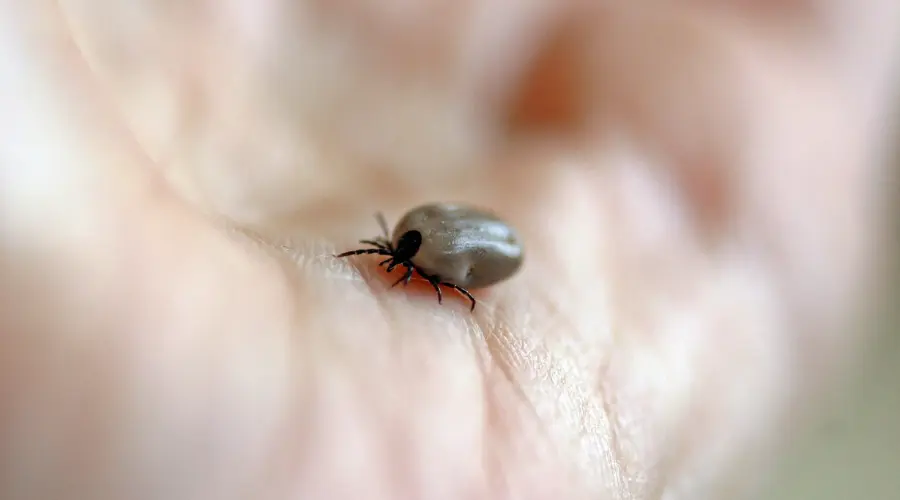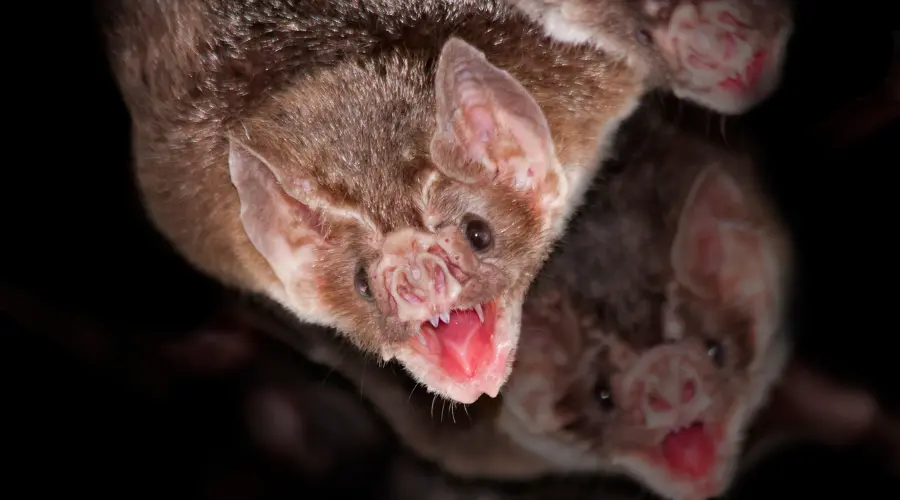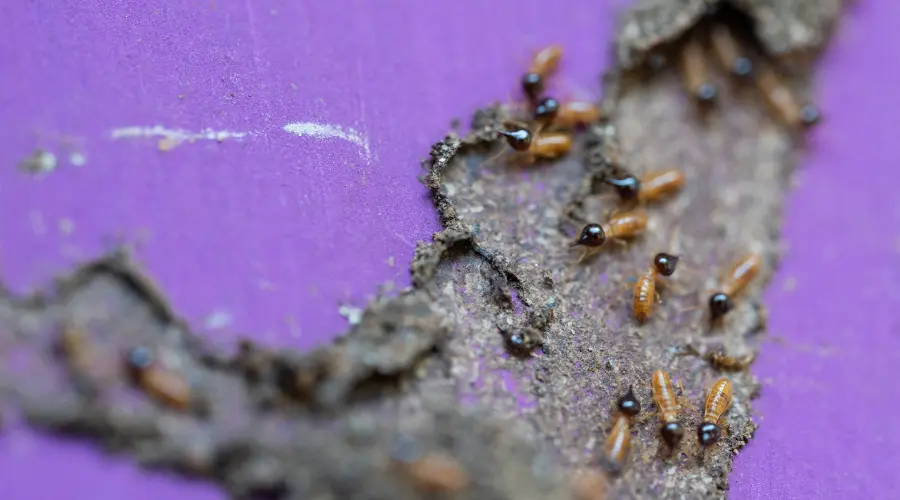Many pet owners experience fear and worry during the flea and tick season. However, fleas and ticks are parasites that not only kill our furry friends but also all animals, including people. When the weather warms up, you might be wondering “When is flea and tick season?” Our team of insect experts has assembled the most important information about fleas, ticks, and the risks related to them.
Flea and Tick Behavior
Ticks and fleas are parasitic insects that prey on living things. These bugs typically live outside in long, thick grass and wooded regions. Both insects are notorious for the havoc they can cause and their itchy, painful bites.
Dogs frequently carry fleas, which can live everywhere, including your home. On their hosts, flea adults deposit eggs, which soon develop into larvae. Flea eggs can hatch in as little as two weeks, which means that an infection can spread rapidly. Indoor tick infestations are uncommon, but they can happen if you carry them in on your clothing or if your cat or dog brings them in. These parasite infections are not only uncomfortable, but also potentially harmful.
The Dangers of Ticks and Fleas
Even though fleas and ticks do not prefer to feed on people, when they do, it can lead to major health problems. Ticks can transmit a variety of diseases to people, including Lyme disease, Rocky Mountain spotted fever, and alpha-gal syndrome. Fleas can operate as parasite carriers and disease vectors even if they aren’t known to be disease carriers.
They also have a nasty propensity of biting, which at best is irritating and at worst is really uncomfortable. If tick and flea bites are not properly treated, they can get infected, just like any other wound.
When Does Tick and Flea Season Start?
During the winter, fleas and ticks commonly enter a state of diapause that is comparable to hibernation. In places with erratic seasonal weather patterns, fleas and ticks could be around all year.
The majority of the time, flea and tick activity is predicted by weather patterns. Flea and tick populations can be impacted by a variety of circumstances, but warm, humid weather is when they are most active. In the Southeastern area, which encompasses Virginia, Maryland, North Carolina, South Carolina, and Tennessee, the flea and tick season normally lasts from March to December.
Best Practices for Preventing a Flea Infestation
The easiest method to prevent a significant flea infestation is to start by protecting your dogs because fleas are notoriously tough to get rid of without professional assistance. Fleas frequently don’t prefer to live on people as hosts. However, immediately contact a reliable pest control company if you find any flea proof, such as live fleas, unexplained bites, or flea filth.
How to Prevent Getting Tick Bites
In areas with a lot of trees or in tall, dense foliage, ticks are frequently encountered. If you spend time outdoors, it’s critical to take preventative measures to protect yourself from ticks. Insect repellents are often effective when applied correctly. You might want to consider wearing form-fitting clothing because ticks are more likely to hide in the folds of loose clothing. For your dogs, tick prevention medicine is crucial since, like fleas, ticks are more likely to attract an animal than a human.
What About Protecting Pets from Fleas?
Without taking precautions, pets like cats and dogs can easily bring dangerous bugs into your home. They also have a higher chance of developing anemia, hair loss, and other long-lasting flea bite symptoms. Fortunately, there are many various medications, including topical formulations and ingestible options, that you can get from your veterinarian or over the counter to prevent fleas and ticks from attacking your furry friends.
The majority of veterinarians suggest pet protection throughout the year. Consult a professional in animal care if you’re not sure which option is ideal for your pets or if you want additional information on how fleas and ticks might impact your pet’s health.
How to Handle a Flea or Tick Problem
If you suspect a flea infestation in your house, the best course of action is to contact a reputable pest treatment business. Depending on the situation, your local wildlife agency might be able to respond to your inquiries regarding ticks. Anyhow, our Escondido Pest Control experts are ready to help you in any way we can. Contact us right away for a free consultation.





